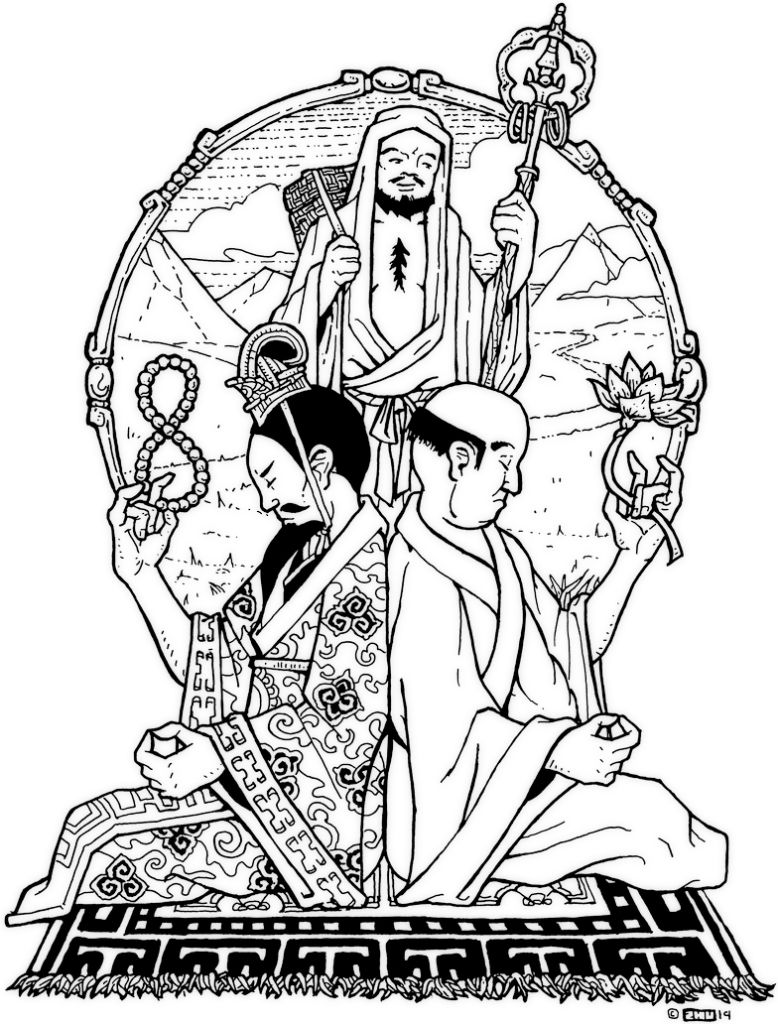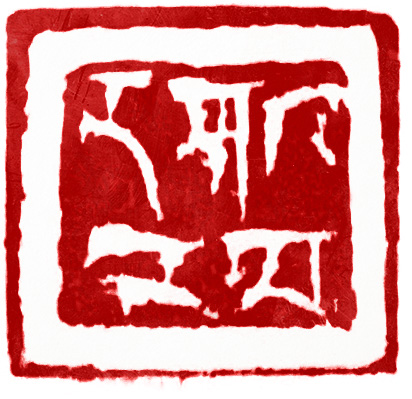The River of Zen

© Dave Needham, 2019
Illustration for the 1st case.
When I first started studying Buddhism, I had this idea that by meditating and listening to high teachers and going on long retreats, I could somehow get rid of my ego. Or if not get rid of my ego, I could at least shrink it down and loosen its grip on me. I think that’s a common motivation – a lot of people gravitate toward Buddhism because they are intrigued by the idea of letting go of the small self, the selfish self. With that small self conveniently out of the way, like a bad houseguest who we’ve finally managed to kick out of our house, we can get on to business of being a calmer, wiser person.
It’s a nice idea, but there is one problem with it. In order to let something go, you have to first understand that you are holding on to it. And most of the time, we have no idea how ingrained our own ego is and how tightly we hang on to it.
I think this is one of the reasons that there are a lot of scandals coming out these days in the Buddhist world – teachers behaving badly by embezzling funds or sleeping with students. Those teachers assumed – like me – that if you just meditate and study and go on retreats, the ego will just sort of atrophy on its own. They felt calm and wise and so they assumed they really were calm and wise. But they never fully understood how firmly rooted their ego was. So they thought that they had completed the spiritual path when in fact that had barely begun.
Thankfully, some of the best Zen Teachers have understood this problem and have given us some clues on how we can do better. About a thousand years ago, the great Chinese Zen Master Yunmen gave us some excellent advice when he said, “A coin that’s lost in the river is found in the river.”
I turn over this saying in my mind all the time. It never ceases to intrigue me. It seems so simple: if you want to find the coin you lost in the river, then you better search in that river. You won’t find your coin up a tree in a bird’s nest, or at the top of a mountain, or even in the pocket of a sage like Yunmen. You have to find your coin where you lost it.

Or there is Zen Master Foyan. He was a contemporary of Zen Master Yunmen. He once said, “You must know how to check yourself before you can attain the Way of Zen. It is because of confused minds that people strive so much on the path to wisdom – they go to mountains and forests to see teachers, on the false assumption that there is a particular method that can give people peace and comfort. They do not know that it is best to work on finding out where they got confused in the first place.”
Like Yunmen and the coin in the river, Foyan tells us that if you want to get rid of your confusion, it’s no use going up mountains or venturing into forests or seeing teachers or reading books – you have to find out where you got confused in the first place.
I try to emulate this lesson when I teach my students about meditation. I always tell them that their distractions are not a problem during meditation. Distractions seem like a problem, because instead of resting your mind on your breath, you’re thinking about buttered toast. But in fact, by becoming aware of your distractions, you incorporate them into your meditation. Indeed, they become the most important part of the meditation, because they give you something to be aware of, something to examine with one taste and something to let go of. By working with our distractions, we are getting rid of our confusion in the place where we got confused in the first place.

Let me bring this back to the ego. I said at the beginning that many people, myself included, came to Buddhism because we wanted to get rid of the ego. But you can’t get rid of something unless you reckon with how much you have it. Part of what meditation does for us is that it helps reveal our ego to us.
Your ego will show itself to you in all sorts of ways. During your meditation, it will show up as cravings. It will show up as boredom. It will show up as fear. It will show up as all the parts of yourself that you don’t like. In the past few months, I’ve been trying to get a dharma book published, and I see my ego creep up all the time in my desire for success and my anger at rejection. More than anything, you will see your ego when your hurt. That thing that hurts – that thing in your chest – that you want to protect and that gets furious at being prodded – that is your ego.
And that’s ok. The point isn’t to get rid of the ego. The point is just to become aware of it. Like any other thing in our mind, we can become aware of it, we can watch it without judging it, and we can gently let it go – until it comes back. And then the process repeats. Practice that way, and you will finally see how much we all cling to our ego. And once you see that, something amazing happens all on its own. The grip loosens. The ego gets a little less important. And you see something sparkling there at the bottom of the muddy and turbid stream. A glimmer of gold. The coin in the stream. Isn’t that where you lost it?
December 2019

